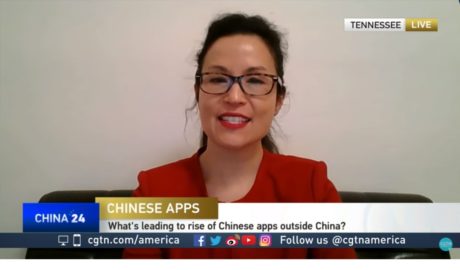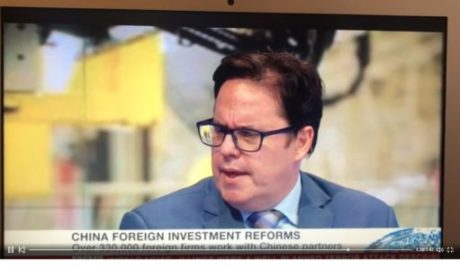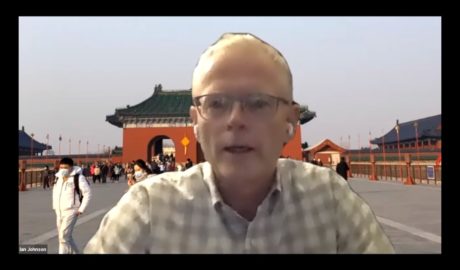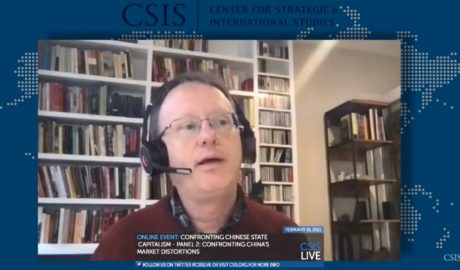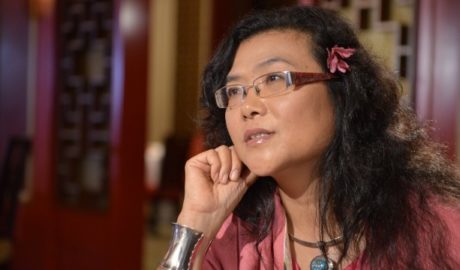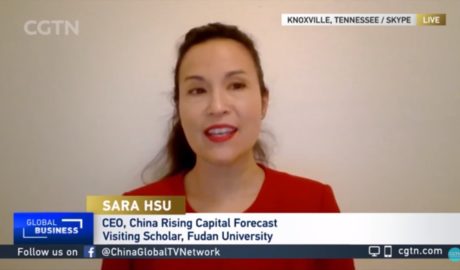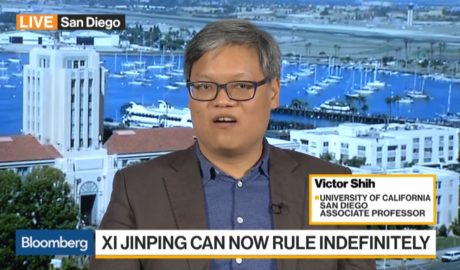More fintech regulations to be expected – Sara Hsu
China’s government shocked the fintech industry by introducing firm financial measures, similar to the banking sector. Ant Financial even had to cancel its massive IPO. But what we have seen is only the start of more government action to regulate the internet, says fintech expert Sara Hsu in the Diplomat. Managing capital and data are key elements.Read More →

